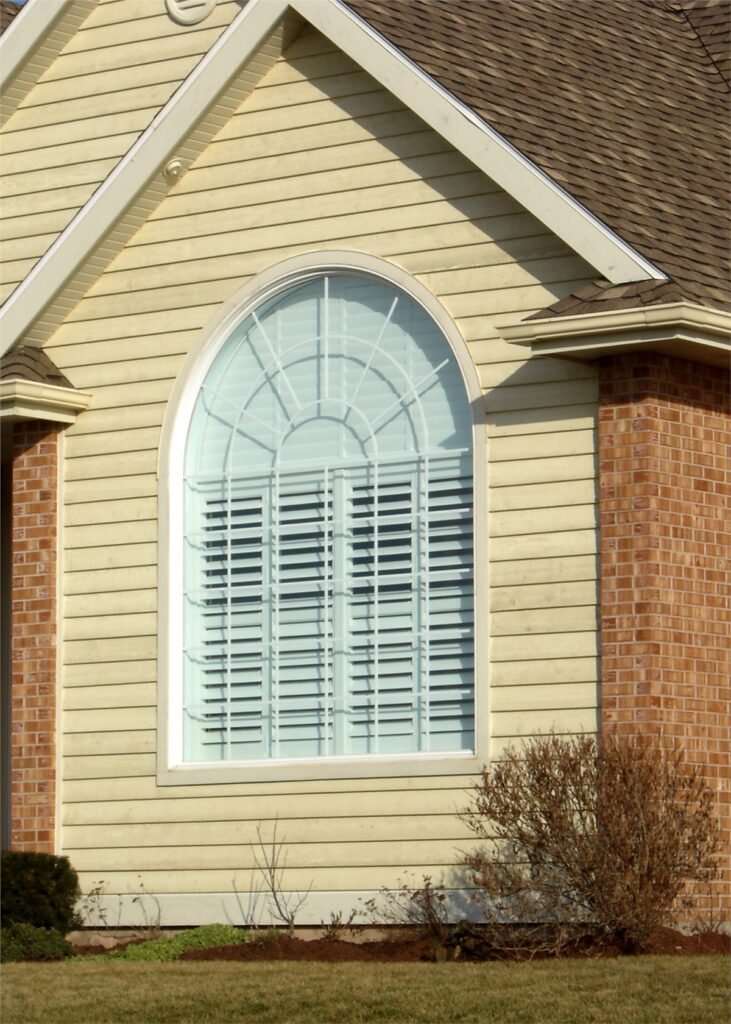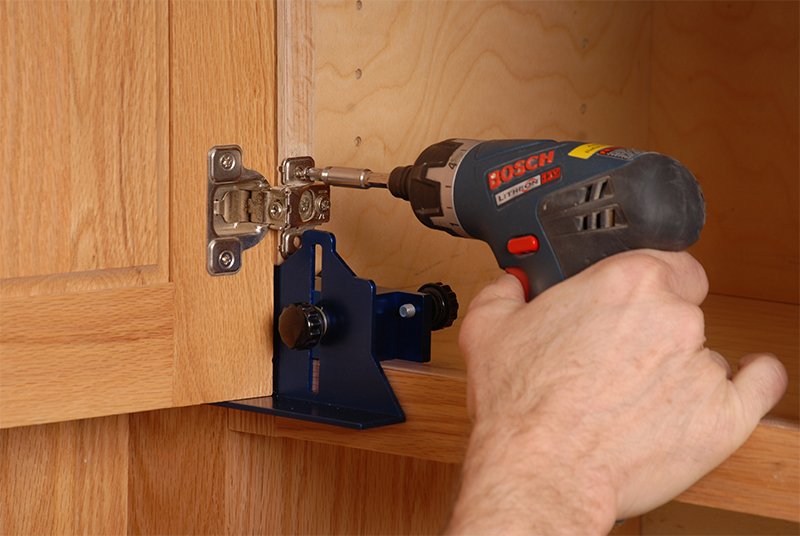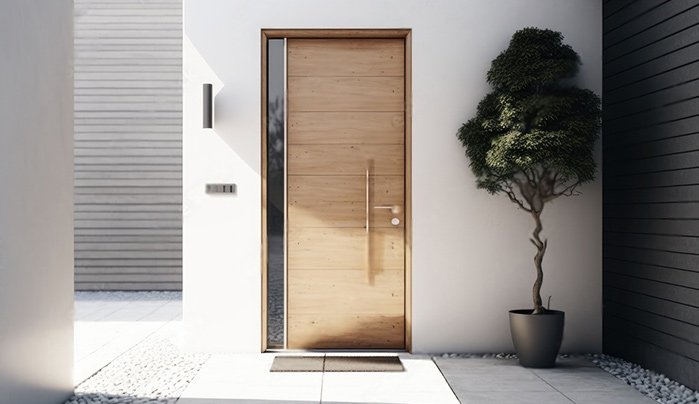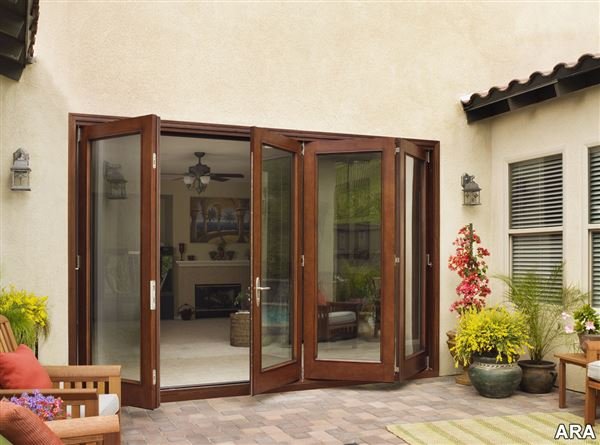Energy-efficient windows are becoming an essential feature for homeowners looking to reduce their energy consumption and cut utility bills. These windows are designed to minimize heat transfer, keep your home comfortable year-round, and improve your home’s overall energy efficiency. By investing in energy-efficient windows, you can save money while contributing to environmental sustainability. In this article, we will explore how energy-efficient windows can lower your utility costs and enhance your home’s comfort.
What Are Energy-Efficient Windows?
Energy-efficient windows are specially designed to reduce heat loss during the winter and prevent heat gain during the summer. These windows are made with advanced materials, coatings, and technologies that enhance their insulating properties. Typically, energy-efficient windows have multiple panes of glass with insulating gas between them, which improves thermal performance. These windows are also designed to limit air leakage and block harmful UV rays, providing a more comfortable living environment.
How Energy-Efficient Windows Save You Money
- Reduced Heating and Cooling Costs
One of the most significant benefits of energy-efficient windows is their ability to reduce heating and cooling costs. By preventing heat from escaping during the winter and keeping your home cool during the summer, these windows help regulate indoor temperatures. As a result, your heating and air conditioning systems don’t have to work as hard, leading to lower energy bills. - Improved Insulation
Energy-efficient windows have better insulation properties than traditional single-pane windows. Double-glazed or triple-glazed windows, for example, contain multiple layers of glass with air or gas trapped between them, acting as an insulating barrier. This improved insulation reduces the amount of energy required to heat or cool your home. - Reduced HVAC Wear and Tear
When your heating and cooling systems don’t have to work overtime to maintain your home’s temperature, they experience less strain. This can extend the lifespan of your HVAC units and reduce the frequency of costly repairs and replacements. Investing in energy-efficient windows can lead to long-term savings on home maintenance. - Lower Utility Bills
Because energy-efficient windows reduce the amount of energy needed to maintain a comfortable indoor environment, your overall utility bills will decrease. The savings on heating, cooling, and lighting costs can add up over time, making these windows a wise investment for any homeowner.
Benefits of Energy-Efficient Windows
- Improved Comfort
Energy-efficient windows help maintain a consistent indoor temperature, eliminating drafts and cold spots near windows. By reducing temperature fluctuations, they make your home more comfortable throughout the year. - UV Protection
Energy-efficient windows often feature coatings that block harmful UV rays, which can damage furniture, flooring, and artwork over time. By reducing UV exposure, these windows help preserve the longevity of your home’s interior. - Noise Reduction
Energy-efficient windows also offer soundproofing benefits. The multiple panes of glass and insulating gas can help reduce external noise, providing a quieter and more peaceful indoor environment. - Environmental Impact
Reducing your home’s energy consumption also reduces your carbon footprint. By using less energy, you’re contributing to the conservation of natural resources and reducing greenhouse gas emissions. Energy-efficient windows are an eco-friendly choice for homeowners looking to make a positive environmental impact.

Types of Energy-Efficient Windows
- Double-Glazed Windows
Double-glazed windows consist of two panes of glass with a gap between them. The air or gas in the gap acts as an insulating barrier, reducing heat transfer. This is one of the most common types of energy-efficient windows and offers excellent insulation at an affordable price. - Triple-Glazed Windows
Triple-glazed windows have three panes of glass with two insulating layers. These windows provide superior insulation compared to double-glazed windows, making them ideal for areas with extreme temperatures or homes looking for maximum energy efficiency. - Low-E Windows
Low-E (low emissivity) windows have a special coating that reflects heat back into the home during the winter and keeps heat out during the summer. This helps to maintain a comfortable indoor temperature and reduces the need for heating and cooling. - Gas-Filled Windows
Many energy-efficient windows are filled with gases like argon or krypton between the panes. These gases provide better insulation than air, improving the window’s overall thermal performance. - Impact-Resistant Windows
In addition to being energy-efficient, impact-resistant windows are designed to withstand severe weather conditions, such as hurricanes. These windows are made with durable materials that provide both insulation and protection from external forces.
How to Choose the Right Energy-Efficient Windows
When selecting energy-efficient windows for your home, it’s essential to consider factors such as climate, budget, and the overall design of your home. Here are a few tips for choosing the best windows:
- Consider the Climate: Choose windows that are suited to your climate. For example, triple-glazed windows may be ideal for colder regions, while Low-E windows are perfect for hot climates.
- Look for Energy Star Certification: Energy Star-rated windows meet strict energy efficiency standards and can help you qualify for tax incentives or rebates.
- Check the U-Value and SHGC: The U-value measures the window’s insulation performance, while the Solar Heat Gain Coefficient (SHGC) measures how well the window blocks heat from the sun. Look for windows with a low U-value and SHGC for maximum efficiency.
- Consider Window Frames: The material of the window frame also plays a role in energy efficiency. Vinyl, fiberglass, and wood frames are excellent choices for energy-efficient windows, while metal frames may allow more heat to transfer.
Conclusion
Energy-efficient windows are an excellent way to reduce your utility bills, enhance your home’s comfort, and reduce your environmental impact. By improving insulation, blocking UV rays, and minimizing air leaks, these windows help keep your home at a comfortable temperature year-round. While the upfront cost may be higher, the long-term savings on heating, cooling, and maintenance make them a smart investment. Consider upgrading your windows to energy-efficient options and start enjoying the benefits today.











